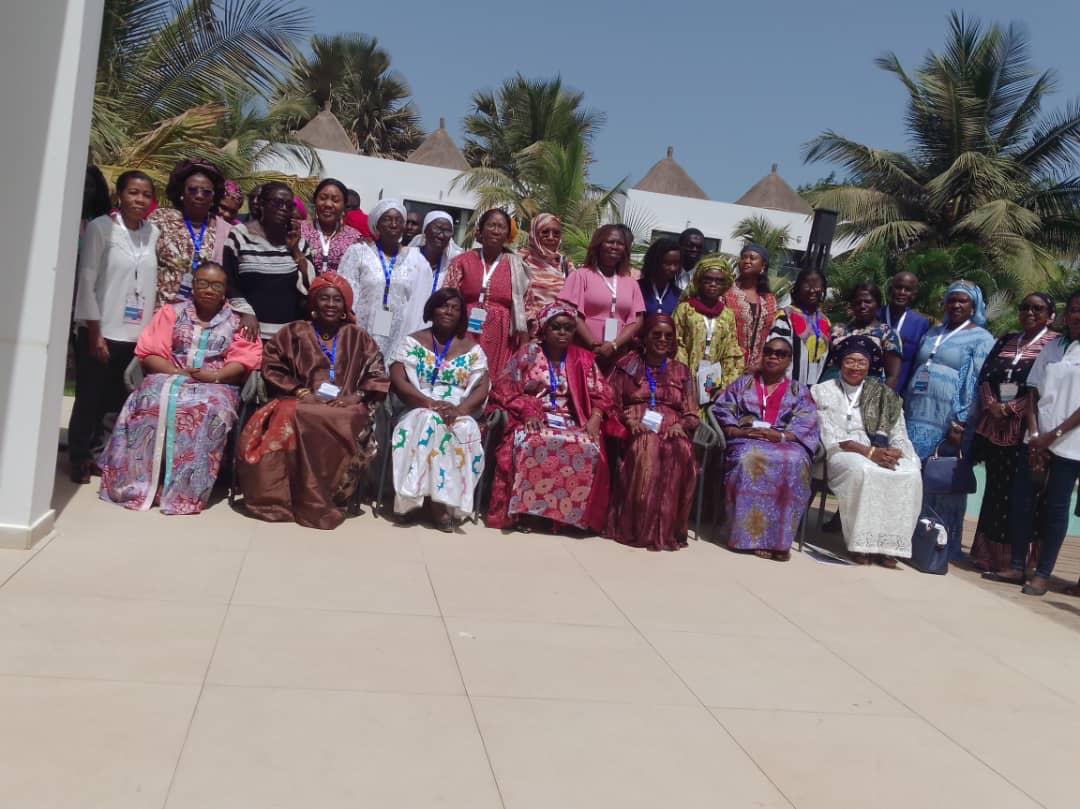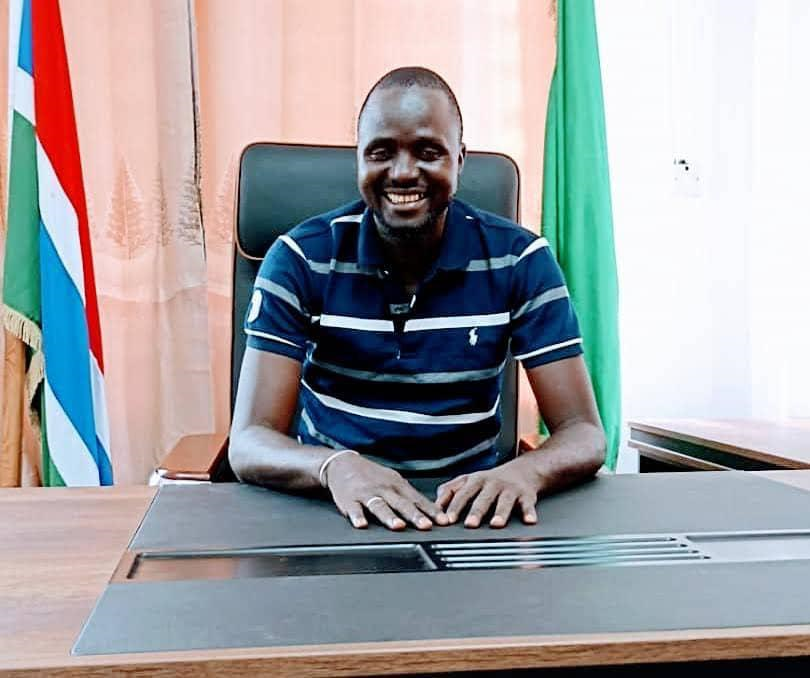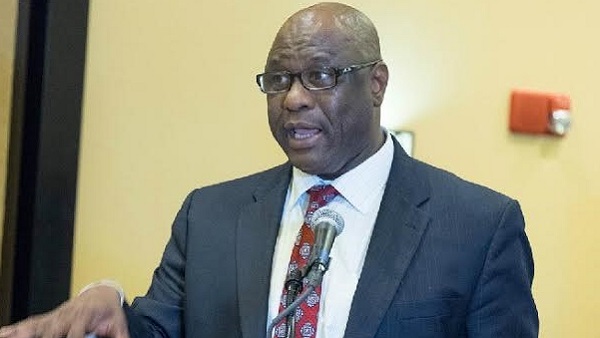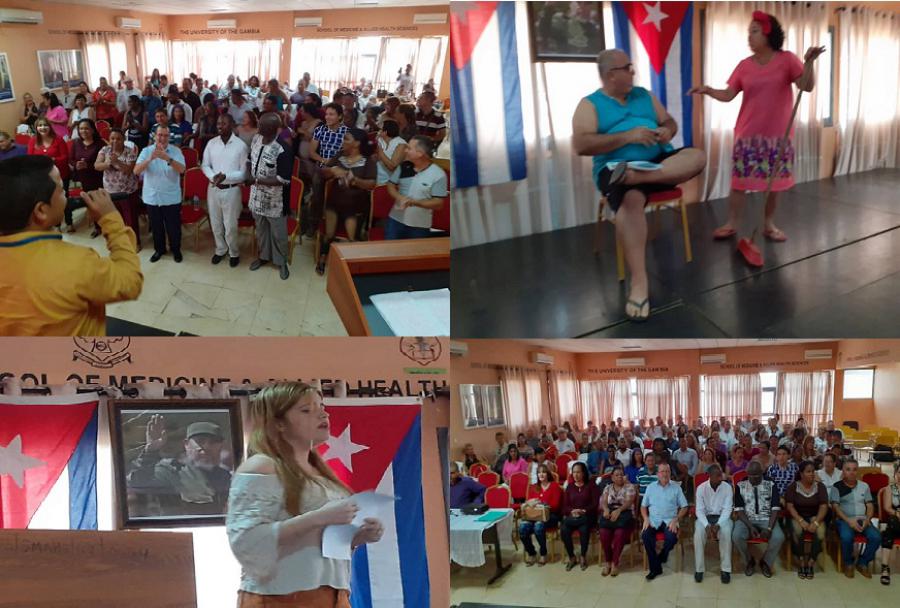By: Nyima Sillah
The Economic Community of West African States (ECOWAS), West Africa-Senegal, the African Centre for Democracy and Human Rights Studies (ACDHRS), with support from the National Endowment for Democracy (NEDI) alongside other partners on Thursday began a two-day advocacy forum on women, peace and security in Banjul.
The event, which was held under the theme Sentinels With The He for She to Strengthen/Consolidate the Rights of Women and Children for Peace and Social Cohesion, was specially organized under the leadership of the Minister of Women, Children, and Social Protection Fatou Kinteh.
It brought together high-level representatives from The Gambia, Senegal, Cape Verde, the Republic of Guinea,Guinea Bissau and, Chad.
The forum’s objective is to promote the networking of decision-makers and all stakeholders to address the challenge of effective implementation of women’s resolutions, peace, and security from evidence for decision support.
Speaking at the forum held at Tamala Hotel, the Minister of Women, Children, and Social Protection,Fatou Kinteh, said the theme for this year’s event is relevant and timely as it calls for consolidating gains made on the rights of women in the realms of peace and security.
“This forum would undoubtedly help to promote networking and collaboration among decision-makers and stakeholders to effectively address challenges and support the implementation of women’s resolutions in this area,” she stated.
She pointed out that the event could not have come at a better time than now when women’s political participation and representation in decision-making arebecoming more critical to achieving gender equality and empowerment of women and girls.
She acknowledged that with regards to the women, peace and security agenda, the ECOWAS member states have made significant gains in the promotion and implementation of the National Action Plan for the implementation of United Nations Security Council Resolution 1325 on women, peace and security.
“These efforts, you would agree, had supported the setting of a robust implementation strategy for United Nations Security Council Resolution 1325 and related resolutions. It has provided a platform for the inclusion, involvement and participation of women in peace-building, conflict resolution and early warning system in the ECOWAS and the Sahel region,” Minister Kinteh stated.
She expressed optimism that the ECOWAS member States will continue to adopt measures aimed at strengthening women’s full participation in electoral processes, incorporating a gender perspective in all peacekeeping efforts, as well as implementingmeasures that would increase the number of women in the security sector.
The Executive Director of the African Centre for Democracy and Human Rights Studies (ACDHRS), Hannah Foster, stated that women are not represented at the highest level, and even if they are allowed to serve, they face challenges.
“We still have a long way to go. Even in parliament in The Gambia here, we have seen that we never have even 10% of women in parliament and we also look at traditional leadership and religious leadership, women are still lagging behind. It is not like they don’t know but we have cultural norms that are hampering of being a burden to ensure that women take their rightful places in a table to discuss,” she asserted.
The Executive Director of Partners West Africa Senegal, Professor Adjaratou Wakha Aidara Ndiye, stated that Sir Dawda, Yahya Jammeh, and AdamaBarrow have ensured the realization of the participation of women in the development of The Gambia.
“If the chain is like that why is it that we are still lagging behind? Why are we not involved in decision-making?” she asked. She added: “Even if we are given the opportunity, the final analysis never goes, and we still fall short. We vote for our leaders. Why are we not voting ourselves?”
She explained that talking about peace is easy but what should be done to attain peace is what should be worked on, adding that unless there is justice, respect, and dignity, it will be difficult to attain peace.
“When there is no peace, we are the vulnerable and our children. So, therefore, it is our responsibility and a competition to make sure we get the peace we call for. We all know that in Africa we live in a patriarchalsociety and we need to dialogue. We need to support each other, our voices need to be heard and for our voices to be heard, we need to come together and make sure to find ourselves in decision-making tables,” she asserted.





